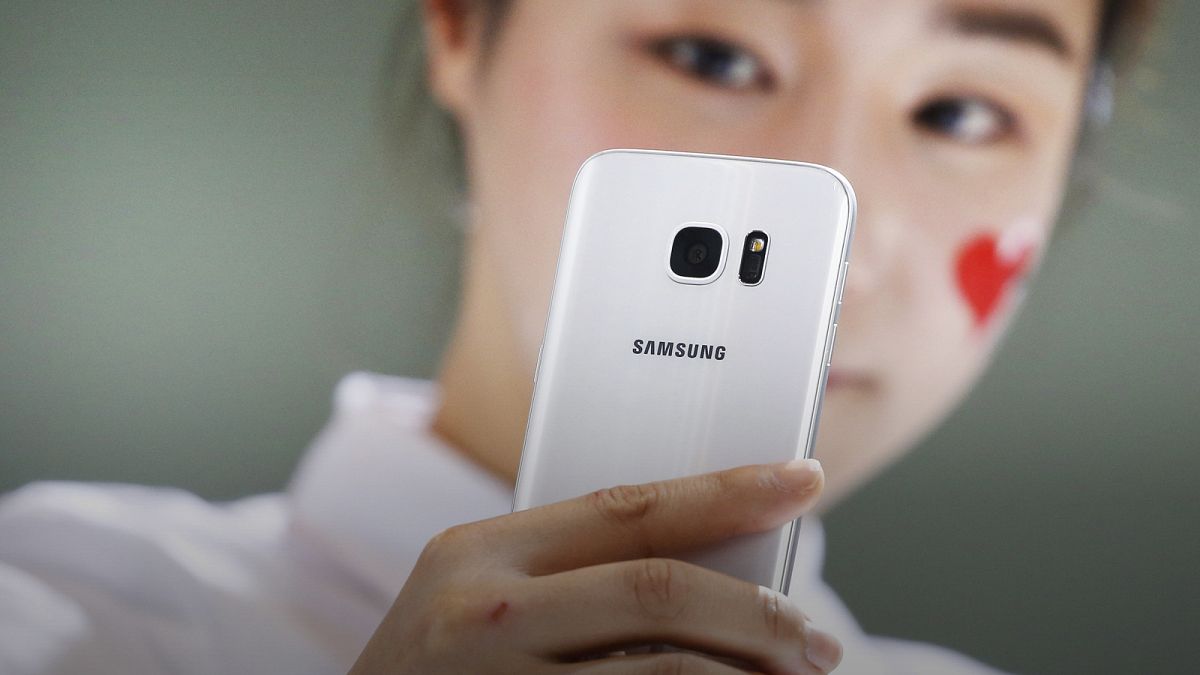How did a economic giant that accounts for a fifth of South Korea's GDP get into the position where its top boss was arrested accused of corruption?
Samsung is more than just a company. The family-run conglomerate is so big its total assets account for a fifth of South Korea’s GDP and it employs around half a million people.
The corporate behemoth is often referred to as ‘‘the Republic of Samsung’‘, wielding huge power in one of Asia’s largest economies.
While the arrest of the group’s chief Jay Y. Lee has shocked South Korea, for the moment it is unclear what long-term impact his detention will have on the Samsung empire itself.
The smell of corruption, however, has once again raised questions about the future of South Korea’s massive conglomerates, known informally as chaebols, and whether their power should be once and for all curtailed.
Background to the scandal
Lee is accused of bribing a close friend of the president to gain government favours and faces charges of bribery, embezzlement, hiding assets overseas and perjury.
The influence-peddling scandal led parliament to impeach President Park Geun-hye in December, a decision that if upheld by the Constitutional Court would make her the country’s first democratically elected leader forced from office.
It is alleged that Lee pledged 43 billion won (35 million euros) to a business and also organisations backed by an influential friend of President Park in exchange for political support for the merger of two Samsung companies.
Both Lee and Samsung have denied any wrongdoing.
Potential impact on Samsung
There are concerns that Lee’s arrest could create a leadership vacuum and hamper Samsung’s ongoing restructuring plans.
The firm is still trying to get past the disastrous roll-out last year of its Galaxy Note 7 smartphones, which were prone to fires and had to be scrapped at a cost of billions.
Lee is the de facto boss since his father – who was himself twice convicted of financial crimes – was incapacitated by a heart attack two years ago.
There are concerns that the death of the elder Lee could trigger a power struggle within the company between executives and the 75-year-old’s son.
Family power
Recognised as one of the world’s biggest electronic brands, the sprawling family firm also provides financial, insurance, funeral and hospital services, to name a few. In fact, the Samsung conglomerate totals around 70 or so intertwined subsidiaries.
Indeed, questions continue to be raised about how the Lee family continues to exert so much influence over the group, despite only owning around 2 percent of the company.
For instance, Lee has a less than 1 percent share in Samsung’s electronics arm with his father owning a 3.5 percent stake.
Much of the family’s power stems from Cheil, a de facto holding company, which allows the giant Samsung empire to be controlled through a complicated web of cross-shareholding.
Opponents of that system hope Lee’s arrest will not only finally provide the springboard to reform Samsung but also South Korea’s hierarchical corporate structure and the chaebols.
